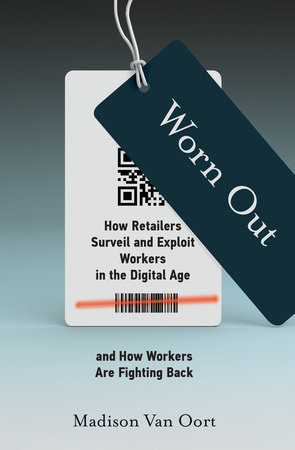
Burnout Market Feminism
Urban Chinese Businesswomen in the Internet Age
Ling Tang
Paperback
April 14, 2026 | ISBN 9780262051880
AmazonBarnes & NobleBooks A MillionBookshop.orgHudson BooksellersPowell'sTargetWalmart
Ebook
April 14, 2026 | ISBN 9780262051903
AmazonApple BooksBarnes & NobleBooks A MillionGoogle Play StoreKobo
About the Book
Burnout Market Feminism explores the lives of elite urban businesswomen in the Internet Age. Burnout market feminism is a critical theoretical combination of Chinese feminist Li Xiaojiang’s market feminism and Korean-German cultural theorist Han Byung-Chul’s Burnout Society. To unravel the puzzle of how women in China have thrived in business despite state crackdowns on feminism, Ling Tang argues that it is important to examine the role of the market in post-socialist China and the evolving interplay between illiberal politics and a neoliberal economy.
Drawing on multi-sited ethnography conducted primarily in Shenzhen and Hefei during the Xi era, the book explores the multiplicity and nuance of the lived experiences of businesswomen and their negotiations with patriarchy across different socio-cultural contexts, particularly their confrontations with hetero-patriarchal intimacy norms and male-dominated guanxi business practices. Despite following diverse paths, these women share a common pursuit of achievement and growth—a pursuit that paradoxically narrows their market feminist efforts and leads to burnout, as these negotiations are often reduced to contingent bargains within a neoliberal framework. The book also extends the discussion of burnout beyond the neoliberal framework, incorporating feminist critiques of women’s burnout under patriarchy and post-colonial critiques of burnout within a rhetorically socialist authoritarian state.







